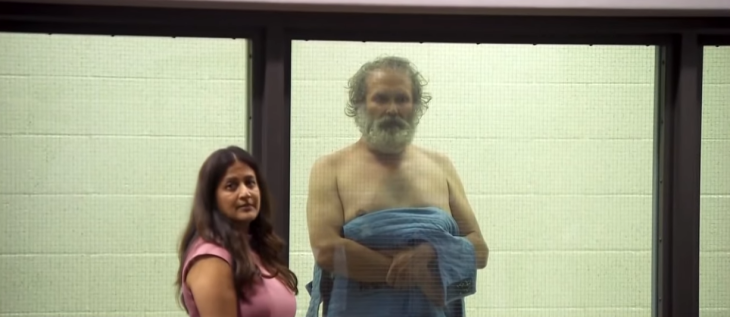I’m an old-fashioned print guy now reinventing himself as a dot-com mogul wannabe. Like everyone in this town, I’ve got this big idea I’m working on.
More and more I find myself talking to fellow entrepreneurs, website designers, potential funders, lawyers and various “deal†guys.
It’s very clear to me that there are tons of startups out there that, if funded, could likely do very well. Some of the ideas are pretty amazing. Small armies of highly energetic kids are ready to rock and roll.
Prospective investors, overwhelmed with the requests for funding, fearful of the next bubble or holding out for the next Groupon tend to move pretty slowly. Venture capitalists are much more risk-averse than most realize. They have to be pretty sure about something before committing capital.
Meanwhile, many good ideas remain on the sidelines for lack of money. Maybe not every startup is “the next big thing,†but many might be good enough to become real companies hiring real workers.
It’s an often-repeated truism that small companies are the real job creators. The big banks and huge U.S. companies have been in cut-back mode for years. Way too many manufacturing jobs got shipped overseas and won’t come back anytime soon.
Banks are now sitting on tons of cash. Many of these banks are still with us because the U.S. bailed them out when everything tanked a few years ago. I think all these banks should “thank†the U.S. taxpayers by pledging to help some of these promising startups get off the ground.
The money is there; the ideas are there; eager young company founders can’t wait to hire their teams. This could all happen very quickly – certainly faster than waiting for Congress to come up with some magical jobs program that might not work. If these entrepreneurial teams could raise the money, the first thing they would do is put a bunch of folks on the payroll.
The four biggest banks in the U.S. have approximately 18,000 branches total (but this number is going down because of layoffs, cutbacks, etc.).
Let’s say 5,000 bank branches across the U.S. committed to funding 10 startups each within a year, with an average investment of $100,000 per company. That’s 50,000 new companies and $5 billion in capital – a tiny drop in the bucket for all our banks, far less than one percent.
Multiply 50,000 startups around the country times an average of 10 new jobs each, that’s half a million new jobs. If a few of these startups make it big, maybe, in a few years, 10 jobs will become 200 jobs. Maybe $100,000 turns into several million.
This program won’t put everyone back to work, but it’s hell of a nice a start – and a good way to put today’s bright-but-underemployed youth on the payroll – many for the first time.
Will all these small companies make it? Of course not. But could enough of these startups succeed in order to make a difference? Absolutely. If we can get 50,000 companies started this year and it looks like the program is working, we can go for 100,000 new startups next year.
I’ll bet the amount of money spent to create each new job would be far less than a typical government program. And if banks are cutting back, maybe it’s time to get into a new line of business – small business. Maybe the SBA has to get involved and serve as a guarantor. Maybe the taxpayers get to own some shares of stock in these new companies. I’m not a banker and I’m not a government regulator; they would have to figure out the details.
All I know is I am an entrepreneur with an idea, and there are a lot more folks like me raring to go. I could hire 10 great people in a matter of days. So could 49,999 other company founders, I’ll bet.




















